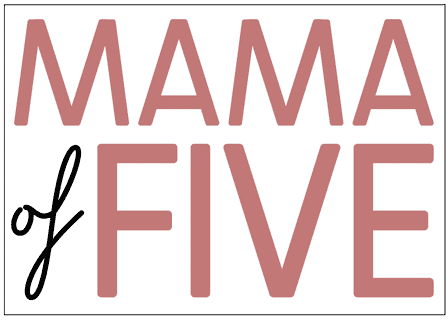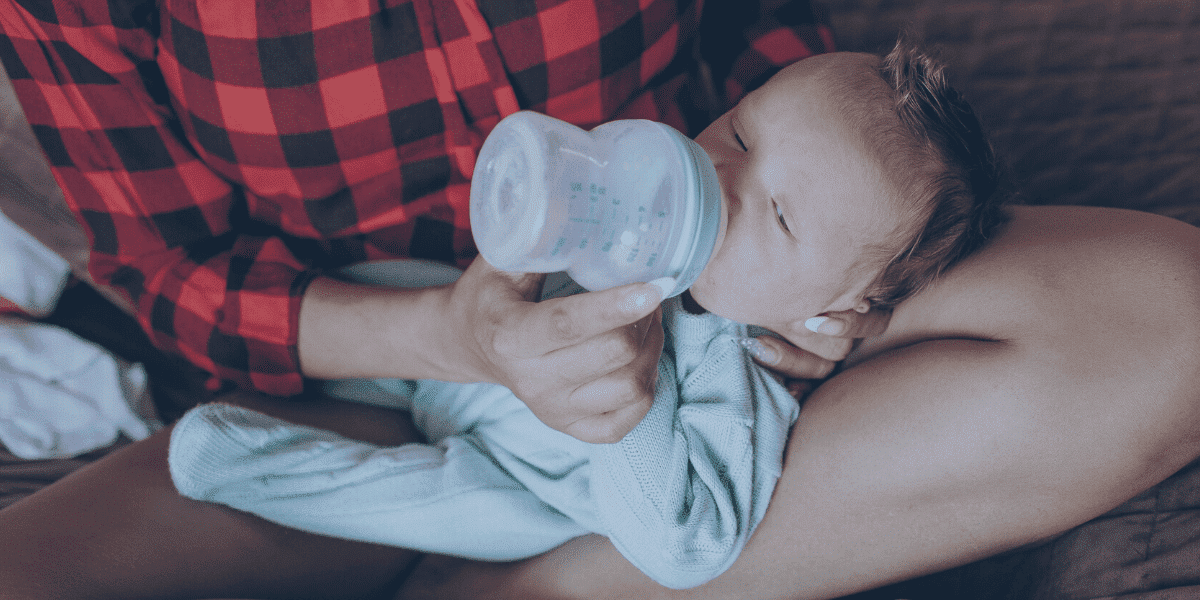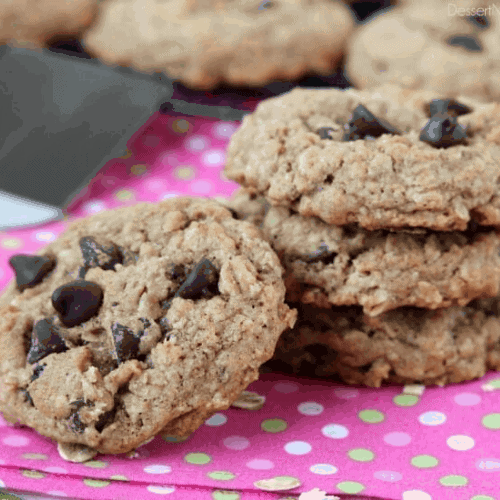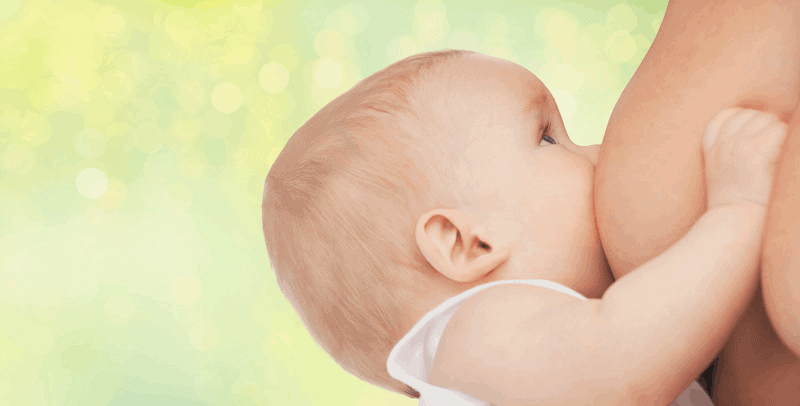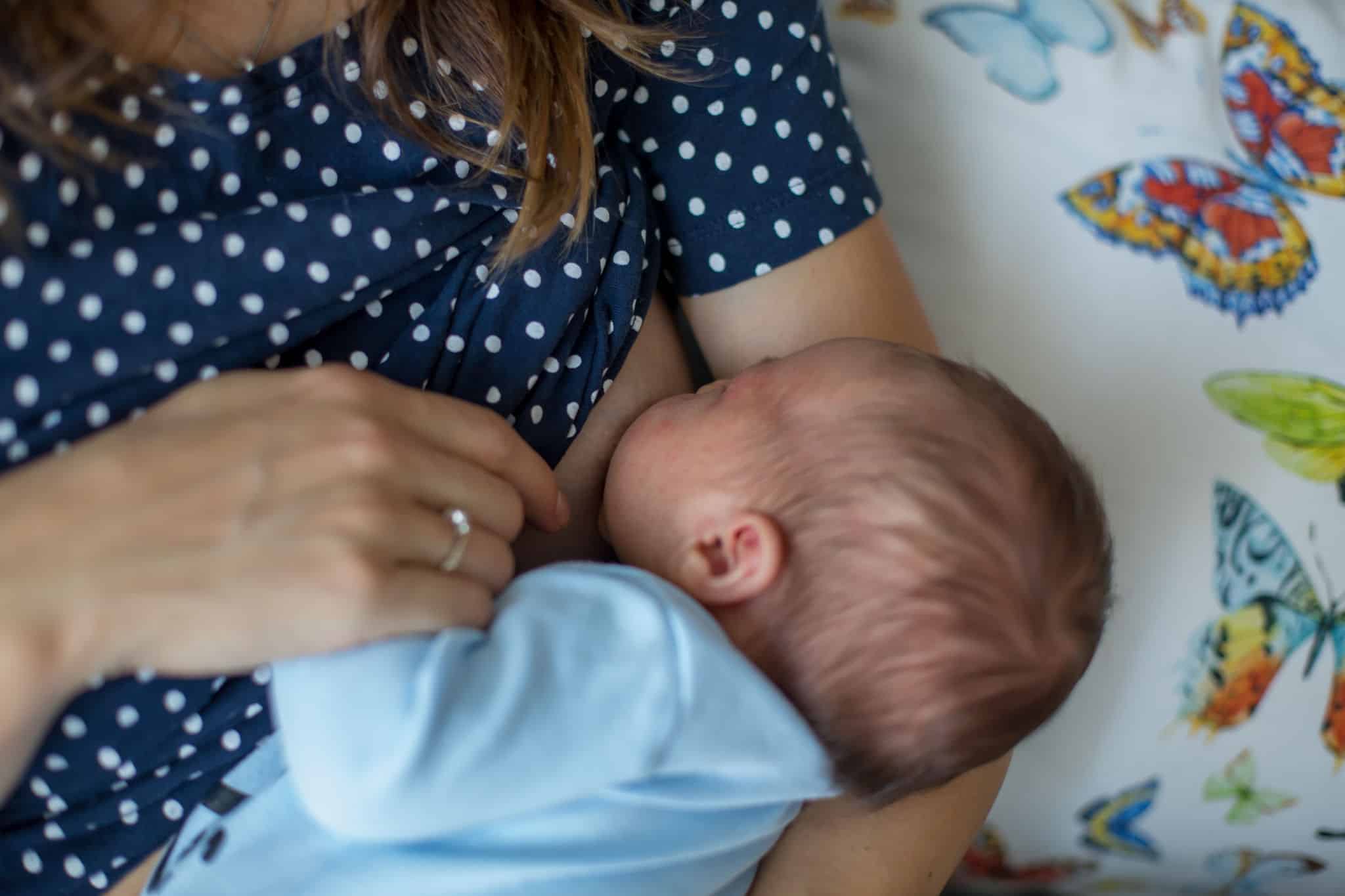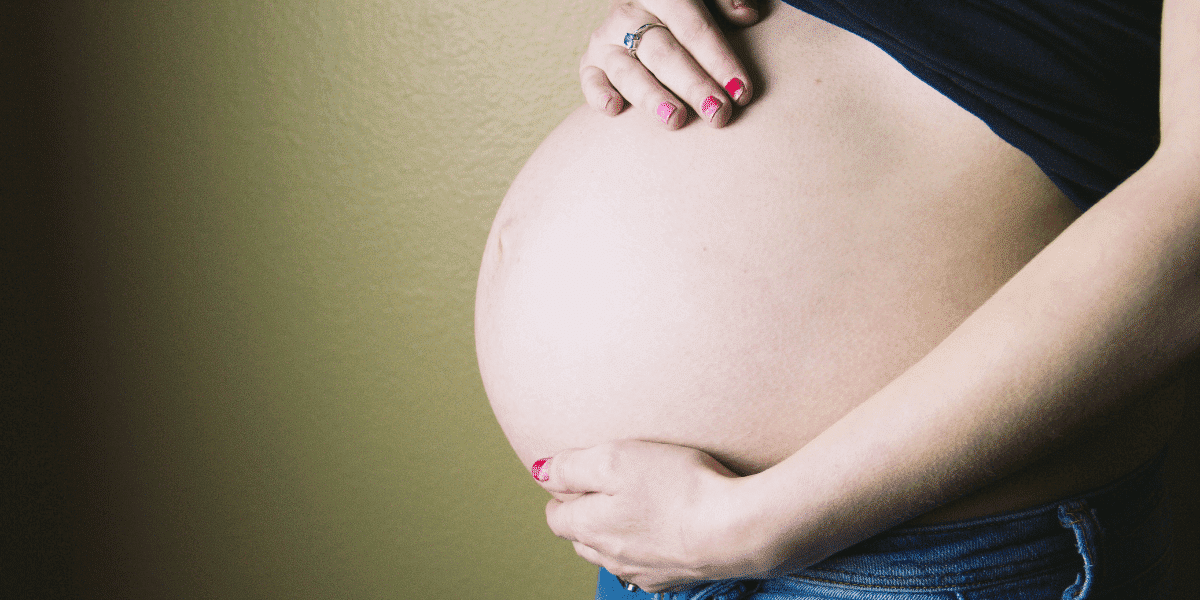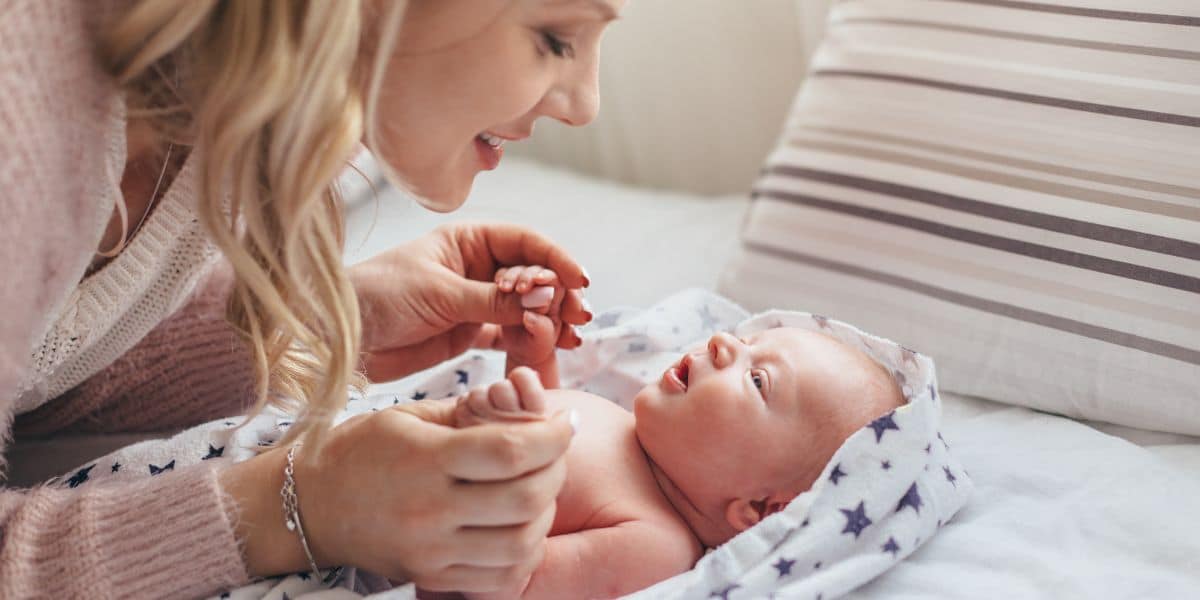
Are you worried about caffeine intake while breastfeeding?
Caffeine intake while breastfeeding is something that worries most new mothers. Are you concerned that the caffeine may enter your breast milk?
Though caffeine has its own health benefits, many mothers are skeptical about drinking caffeine-laden beverages while they are breastfeeding.

What is Caffeine?
Caffeine is a stimulant that is commonly found in beverages like tea, and coffee. It is the compound of a particular plant that can stimulate your nervous system.
Caffeine intake can boost your energy and alertness. It makes you less sleepy and fresher thereby making you active.
Consuming caffeine while breastfeeding provides you with instant energy from lack of sleep.
It can make you alert so that you can stay awake and deal with the baby.
RELATED Do I have low milk supply?
Is Caffeine Consumption Safe While Breastfeeding?
Caffeine consumption while breastfeeding is safe as long as you consume it in moderation.
When a mother consumes caffeine, it is passed on to the baby through the breast milk.
But the amount of caffeine transferred is less than 1% of the quantity of caffeine consumed by the mother.
This is because the mother’s body metabolizes the majority of the caffeine consumed.
Thus, consuming caffeine in moderation does not pose any health risk either to the mother or the baby.
But if a mother consumes more than 5 cups of coffee a day or more than 750 ml of coffee, then it starts accumulating in the baby’s body.
This will result in caffeine stimulation.
Caffeine stimulation includes irritability and poor sleep.
If you notice caffeine stimulation in the baby, then you should limit caffeine consumption.
You can also pump and store the breast milk before consuming caffeine.
If you are forced to feed the baby during the peak time (two hours after taking the caffeine), then drink water to dilute the effect of caffeine.
Related: Best Bassinet for Breastfeeding
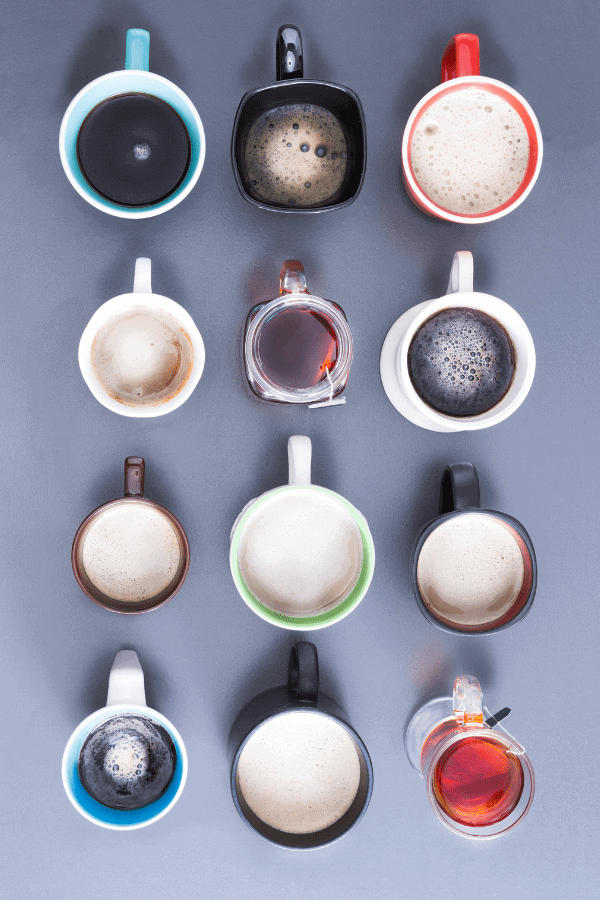
You might like: HANDS DOWN THE BEST ONLINE BREASTFEEDING CLASS EVER
How Much Caffeine Is Safe While Breastfeeding?
The amount of caffeine that you can safely consume depends on the age of the baby, the baby’s health and how many feeds per day you are giving.
If you are exclusively breastfeeding, you should limit the caffeine intake to 300 milligrams per day.
Thus, you should have a clear idea about the caffeine content in a cup of beverage to restrict the caffeine intake.
RELATED: How to Increase Breast Milk Supply in 48 hours
Safety of Drinking Tea when Breastfeeding?
If you are a tea lover, then you should have a clear idea about how much caffeine in a cup of tea.
The amount of caffeine in a cup of tea depends on the type of tea used, the brewing time, and the temperature.
On average, a cup of tea of 8 oz can have caffeine around 75 mg. Thus, it is safe to consume 3-4 cups of tea per day while breastfeeding.
RELATED: Learn how to Exclusively Breast Pump like a Pro in Just 90 Minutes
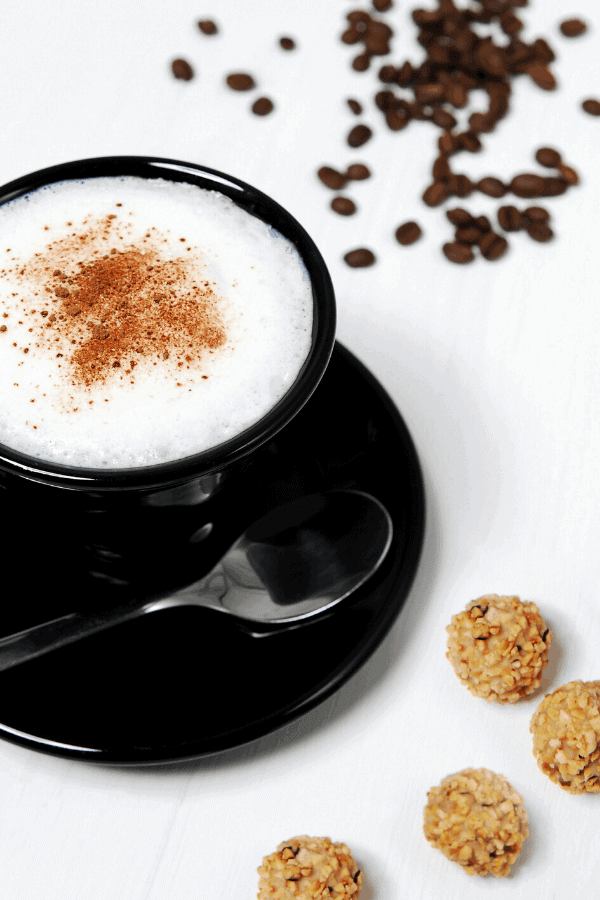
How many cups of coffee can I drink when breastfeeding?
Just like tea, the amount of caffeine in coffee also depends on the type of coffee, the brand, and how strong the coffee is.
On average, a cup of coffee of 8 oz contains 100-140 mg of caffeine.
A breastfeeding mother can safely drink 2-3 cups of coffee per day.
- 30 Spring Chicken Recipes
- Fun & Free Ladybug Crafts for Kids
- 50+ Delicious Breakfast Recipes to Start Your Day Right
- Low Calorie Desserts
- 30+ Tasty Easter Appetizers & Sides to Kick Off the Celebration
Breastfeeding and drinking Hot Chocolate?
When compared to tea and coffee, the caffeine content in hot chocolate is less.
This is because the amount of cacao contained in a cup of hot chocolate is minute.
The caffeine content in hot chocolate is just 5mg per cup.
You can safely drink hot chocolate when compared to tea and coffee.
But you should drink in moderation as the amount of sugar in hot chocolate can be very high.
RELATED: Everything You Need to Know About Power Pumping
What Are the Other Sources of Caffeine that may affect my breastmilk?
Apart from tea and coffee, caffeine is found in soft drinks, chocolate, coffee ice cream, and certain over the counter medicines.
RELATED: The Ultimate Guide to Travelling with Breast Milk
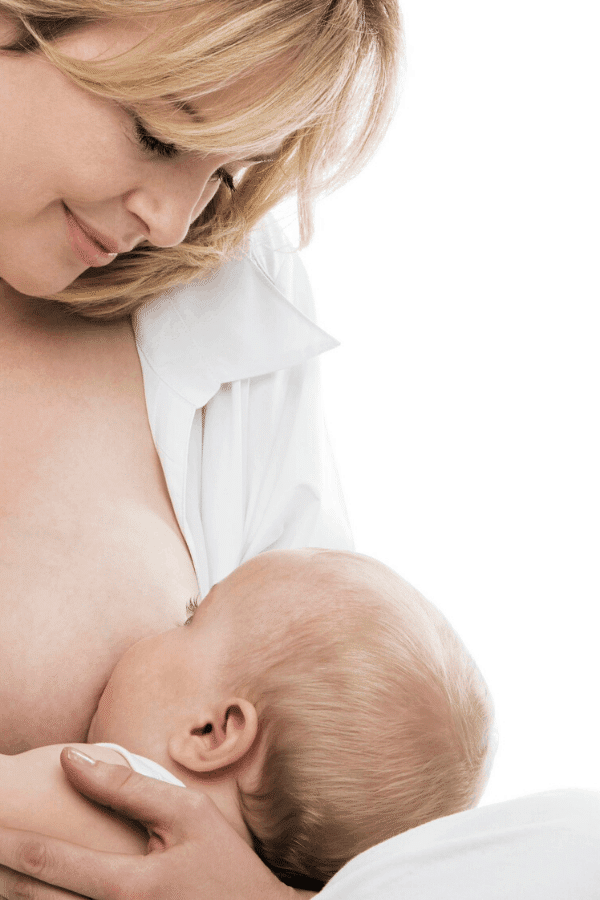
How soon after Caffeine Consumption can I breastfeed my baby?
Once you consume tea or coffee, the caffeine consumption peaks after one to two hours.
Therefore, it is best to drink tea or coffee immediately before feeding the baby.
If you are not able to feed the baby at the right time, then you should pump the milk so that the caffeine content of the milk is less.
Try to avoid feeding the baby 1-2 hours after consuming caffeine.
Related:11 BIGGEST PUMPING MISTAKES MOMS MAKE WHEN EXPRESSING BREAST MILK
What Are the Effects of Excess Caffeine Consumption on Breastfed Babies?
If you consume more than ten cups of coffee per day, then you might notice irritability, fussiness and poor sleep pattern in the baby.
Similarly, if you are exclusively breastfeeding your newborn and have stayed away from caffeine throughout your pregnancy, then you might notice irritability in the baby once you start taking caffeine.
This is because newborn babies break down caffeine much slower than older babies.
If the baby is irritable and does not fall asleep easily as before, then stop taking caffeine for a week.
Observe the baby’s behavior.
If the baby is less cranky and calm as before, then your caffeine intake could be the culprit. But if the baby continues to be irritable, then you should consult a doctor.
RELATED: Moms Ultimate Guide: Foods To Avoid while Breastfeeding

What Are the Effects of Caffeine Consumption on Breastfeeding Mothers?
Caffeine is a dehydrating drink that sucks out all the water content from your body.
The water loss is doubled when you are breastfeeding the baby.
If you do not keep yourself hydrated while consuming caffeine then you might have trouble sleeping, and develop a headache, muscle pain, and stomach upset.
Consuming caffeine will in no way affect milk production.
As long as you continue nursing your baby, the milk supply will be stable.
But in some cases, excess caffeine consumption can lessen the iron content in the milk which can cause iron deficiency in babies.
As far as caffeine consumption during breastfeeding is concerned, you should do whatever is comfortable for you.
Keeping things in moderation will ensure that no harm comes to you and the baby while breastfeeding.
If your caffeine consumption is on the higher side, you should try to cut it short by mixing regular coffee with decaf coffee.
This is because decaf coffee has less caffeine than regular coffee.
